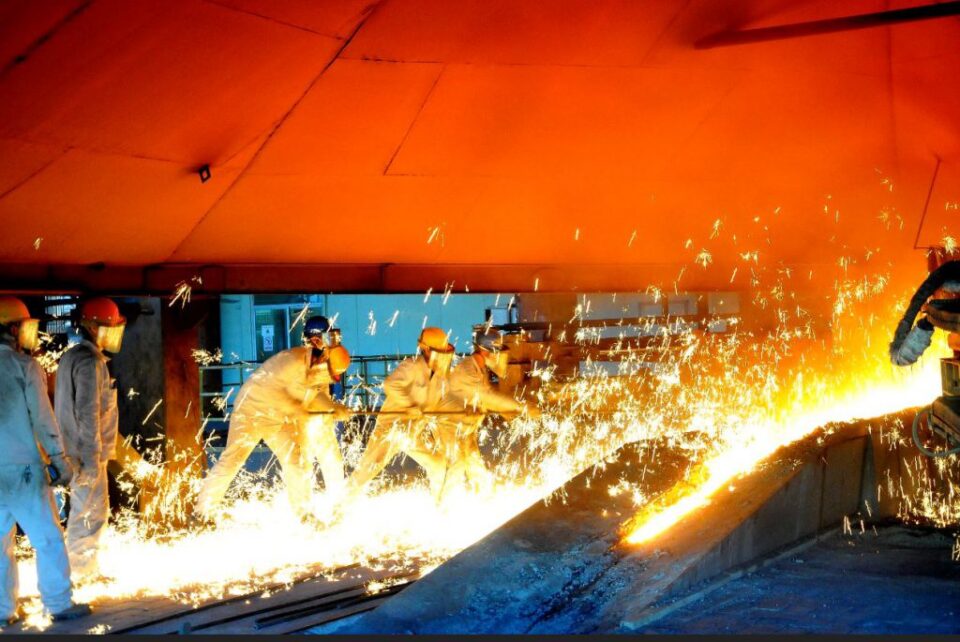Indonesia Mulls Major Nickel Mining Cuts to Boost Prices and Preserve Reserves
Indonesia is weighing significant reductions in nickel mining quotas to reverse plummeting prices of the key battery metal, according to insider sources.
The Energy and Mineral Resources Ministry is exploring a cut to next year’s nickel ore production limit, potentially slashing it to 150 million tons—a steep drop from the 272 million tons mined this year. While deliberations are ongoing, officials are mindful of potential resistance from finance and investment ministries, which are concerned about the impact on tax revenue and foreign investment.
The ministry has not officially commented, but its director-general of coal and mineral mining recently confirmed plans to curb production, aiming to stabilize prices. If implemented, the strategy would signal a shift under President Prabowo Subianto, who assumed office in October. The previous administration had prioritized rapid growth in local smelting capacity, fueling a surge in nickel output.
Falling Prices Spur Government Action
Global nickel prices have plunged 45% since 2023, driven by oversupply from Indonesia—now responsible for over half of global production—and slower-than-anticipated demand growth. The downturn has forced some international producers to shut down operations, while Indonesian smelters, many of which are Chinese-owned, face shrinking margins due to tight local supply and high ore prices.
Adding to the challenge, China’s sluggish economic recovery has dampened demand for nickel in stainless steel and electric vehicle batteries. Smelters in Indonesia have increasingly relied on imports from the Philippines, with shipments reaching record levels this year as local ore becomes harder to source.
Long-Term Sustainability
Beyond addressing the price slump, the proposed cuts aim to conserve Indonesia’s rapidly depleting nickel reserves. Years of aggressive mining have led to a significant decline in ore quality, raising concerns about the sector’s long-term viability.
While reducing mining quotas could stabilize prices and preserve resources, it risks straining Indonesia’s smelters and jeopardizing foreign investment in the sector. The government faces a delicate balancing act between short-term economic pressures and the strategic goal of sustaining its nickel industry for future generations.
The global market will closely watch Indonesia’s next steps, as any production cuts could have far-reaching implications for nickel supply chains and the electric vehicle revolution.


